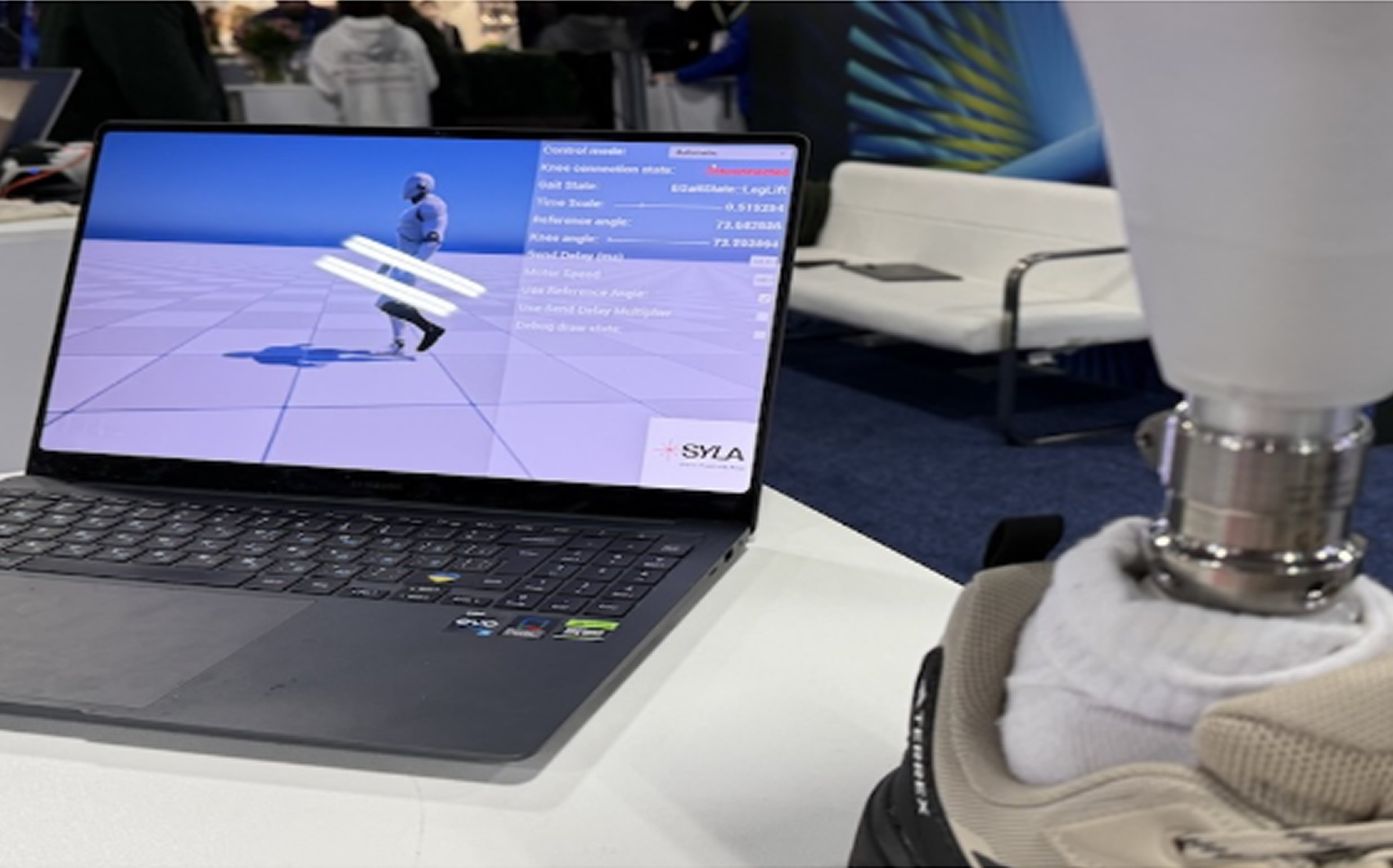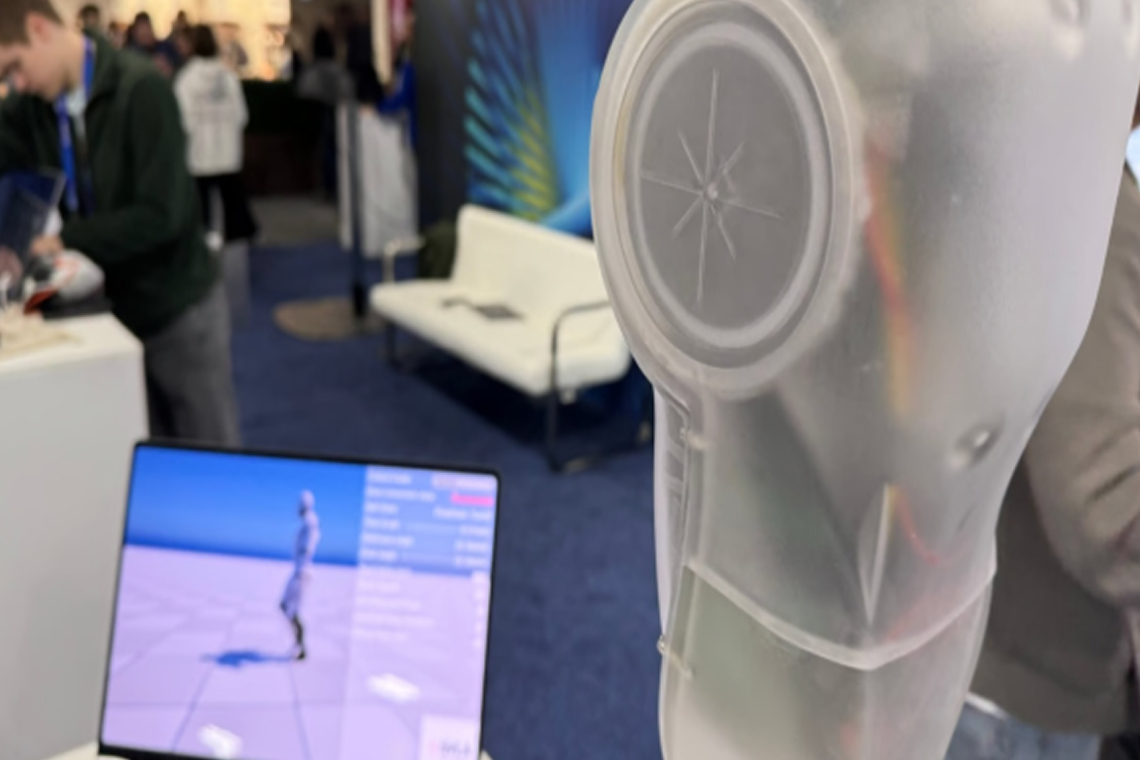Ukrainian company specializing in bionic prosthetic technology, showcased its latest innovation at CES 2025
SYLA Unveils AI-Powered Bionic Knee to Enhance Mobility and Comfort
SYLA, a Ukrainian company specializing in bionic prosthetic technology, showcased its latest innovation at CES 2025: an AI-powered prosthetic knee designed to offer a more comfortable and affordable solution for those in need.
The demand for limb replacements has surged in Ukraine due to the ongoing war. Recognizing this, SYLA has been developing a smart prosthetic knee that enhances mobility. During CES 2025, Olia Synyakevych, the company's COO and co-founder, shared insights into their research and development process. She actively engages with clinics and patients to better understand the specific needs of prosthetic users.

AI’s Role in Prosthetic Advancements
One of the key challenges in prosthetics is ensuring a natural range of motion. A live demonstration at CES highlighted the difference between a conventional prosthetic and SYLA’s AI-enhanced version. Unlike standard prosthetics, which restrict knee bending, the AI-powered knee mimics natural movement.
The prosthetic integrates a motor for knee flexibility, but what sets it apart is its AI-driven adaptability. Traditional prosthetics come with pre-set motion ranges, which can be limiting. For example, an individual using a standard prosthetic may struggle with activities like boxing due to the device’s inability to support dynamic movement. SYLA’s AI model is trained to recognize different phases of a user’s gait cycle, allowing the prosthetic to adjust in real time based on body movement.
Testing and Future Availability
While the version displayed at CES is not the final model, the company plans to begin testing within the next couple of months. The final product will be tailored to individual users, featuring protective and customizable covers for added comfort and durability.
Market Focus and Pricing
Initially, SYLA is targeting the Ukrainian market due to the high demand and favorable conditions for testing and regulatory approvals. “We have access to clinics with certified prosthetists who are eager to assist in the development process,” Synyakevych noted.
The company aims to offer an affordable solution, though pricing in Ukraine is still being finalized. In the U.S. market, the prosthetic could be priced around $30,000.
By integrating AI with prosthetic technology, SYLA is striving to improve mobility, safety, and overall quality of life for individuals in need of advanced limb replacements.


